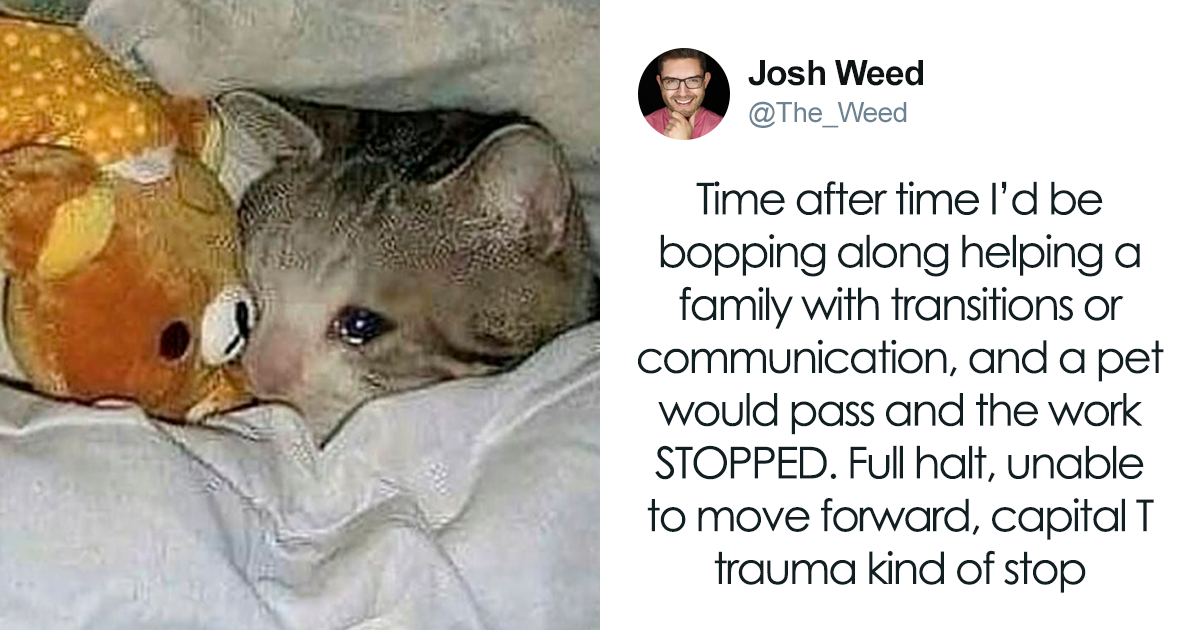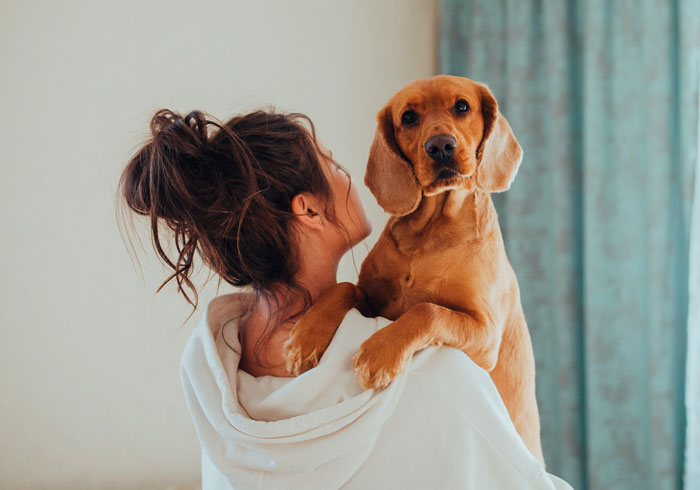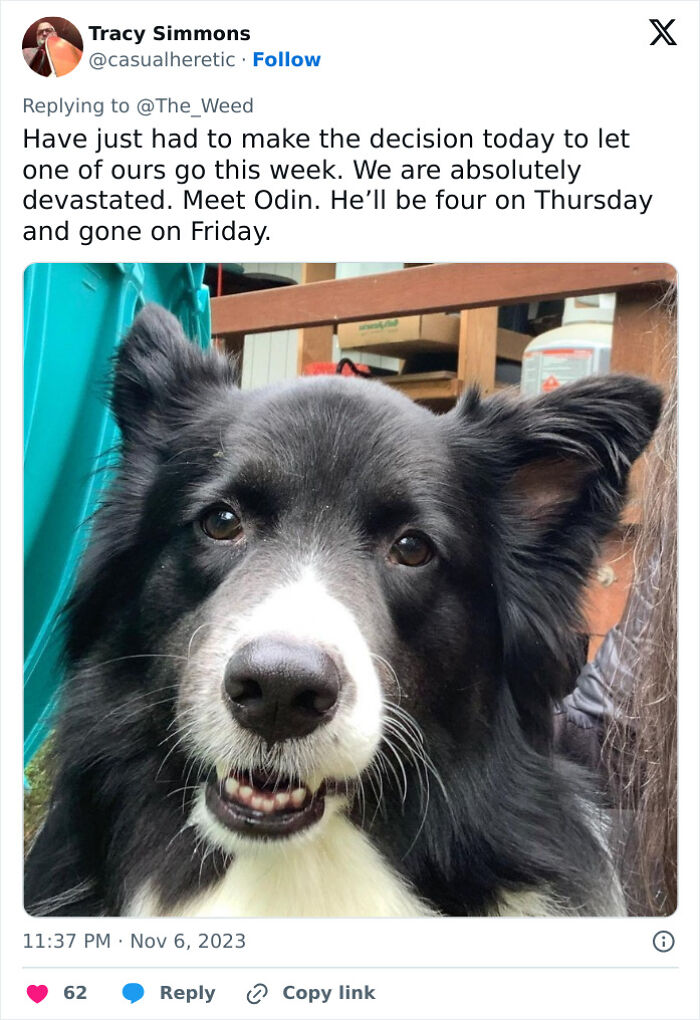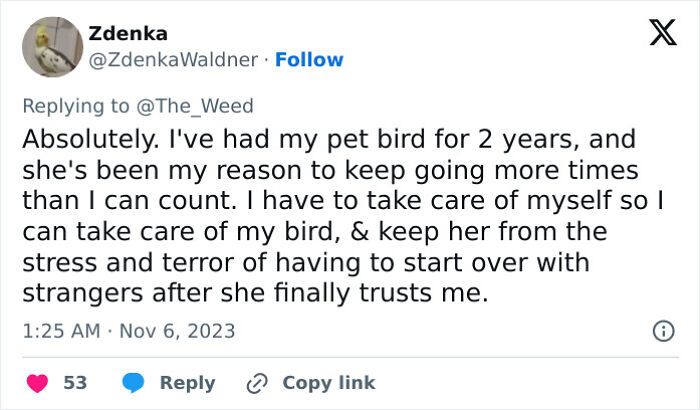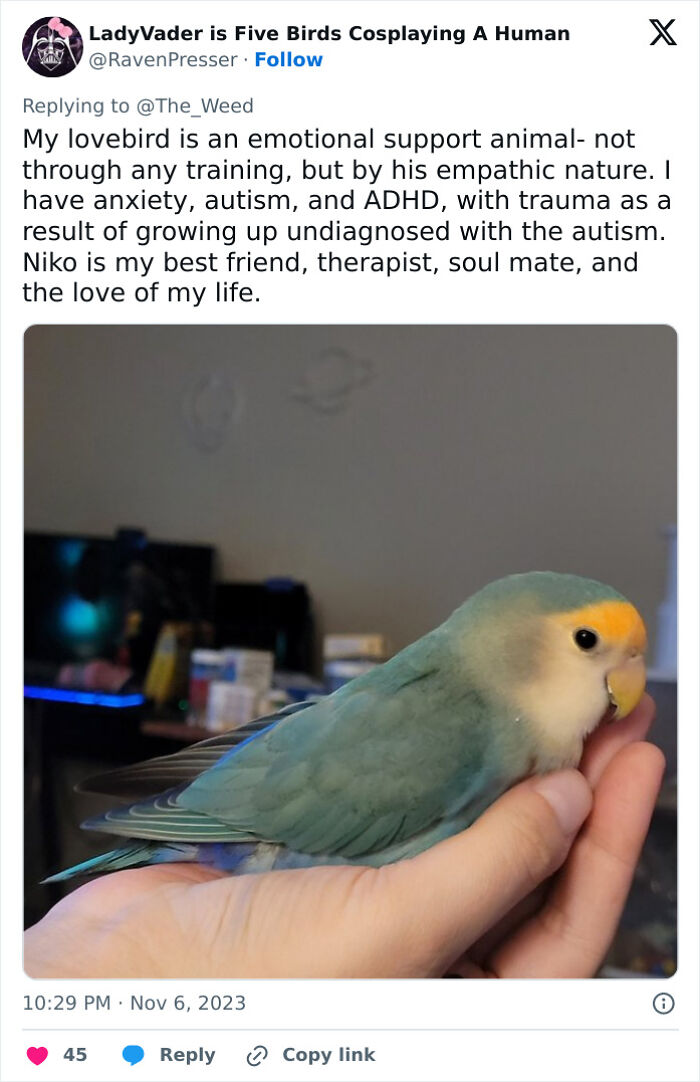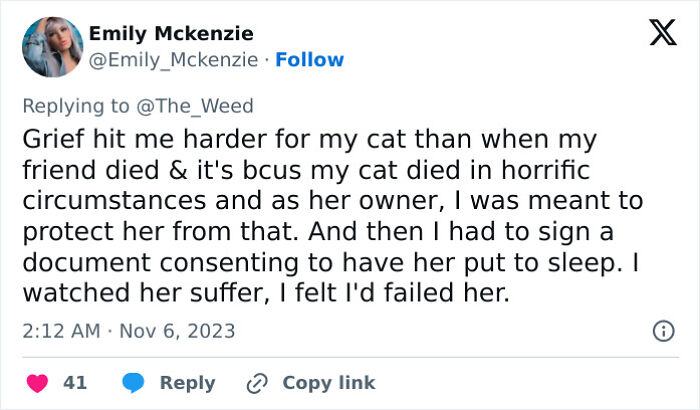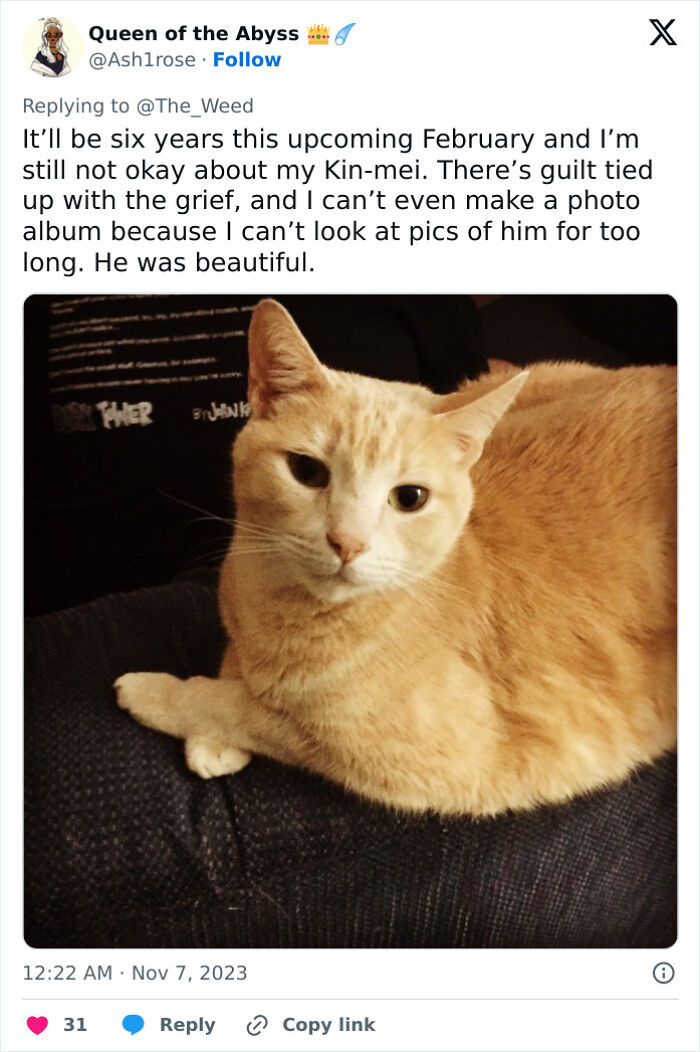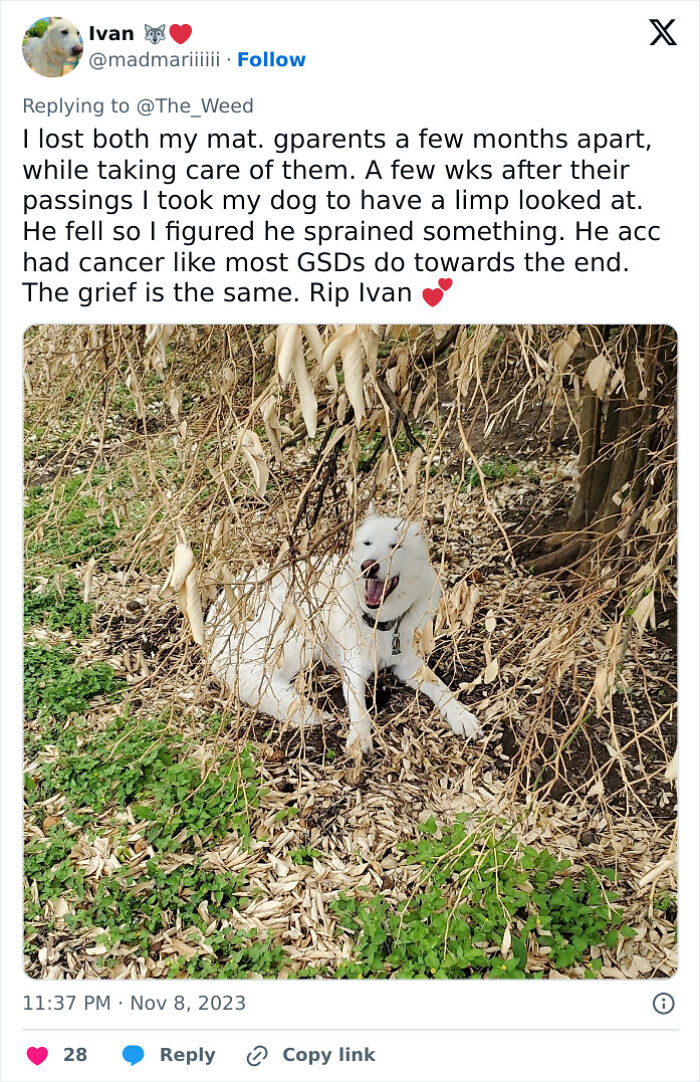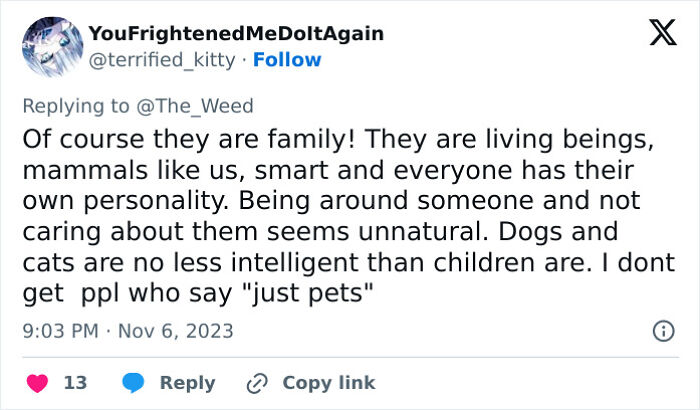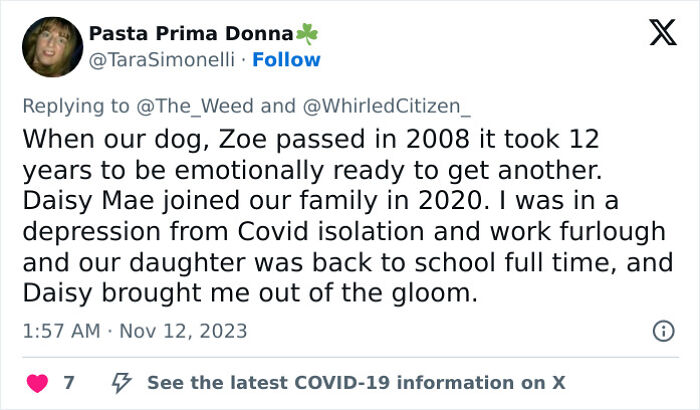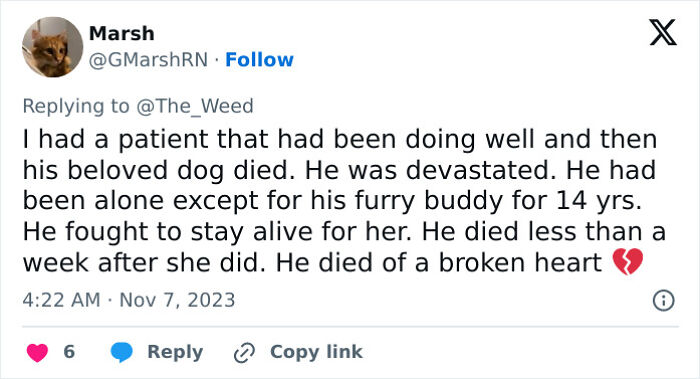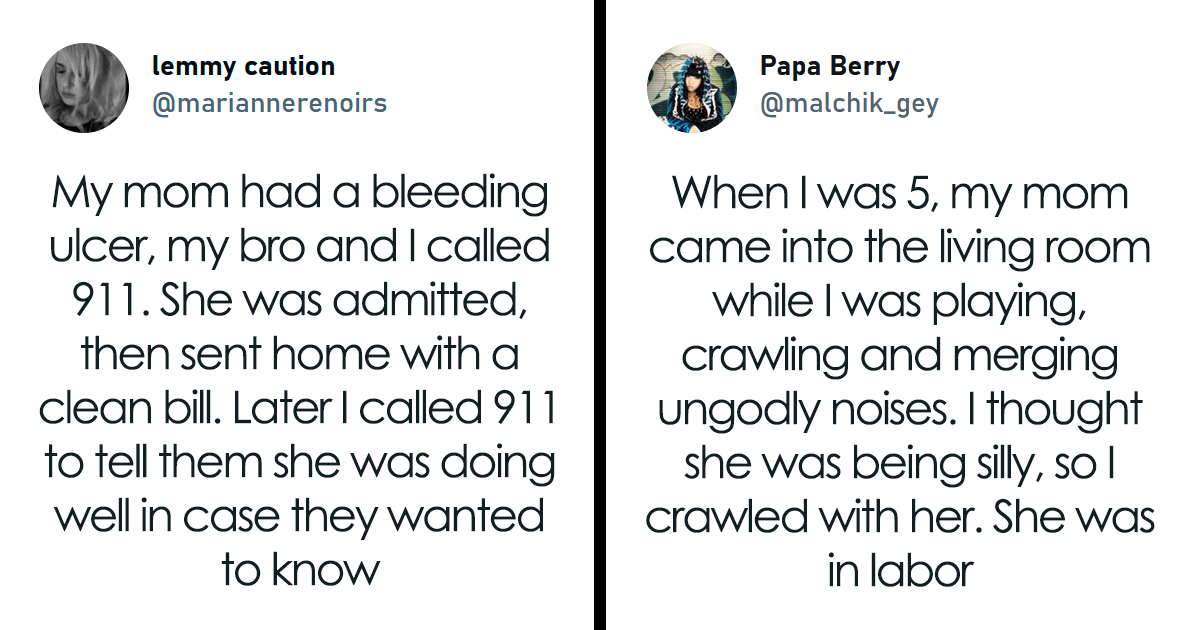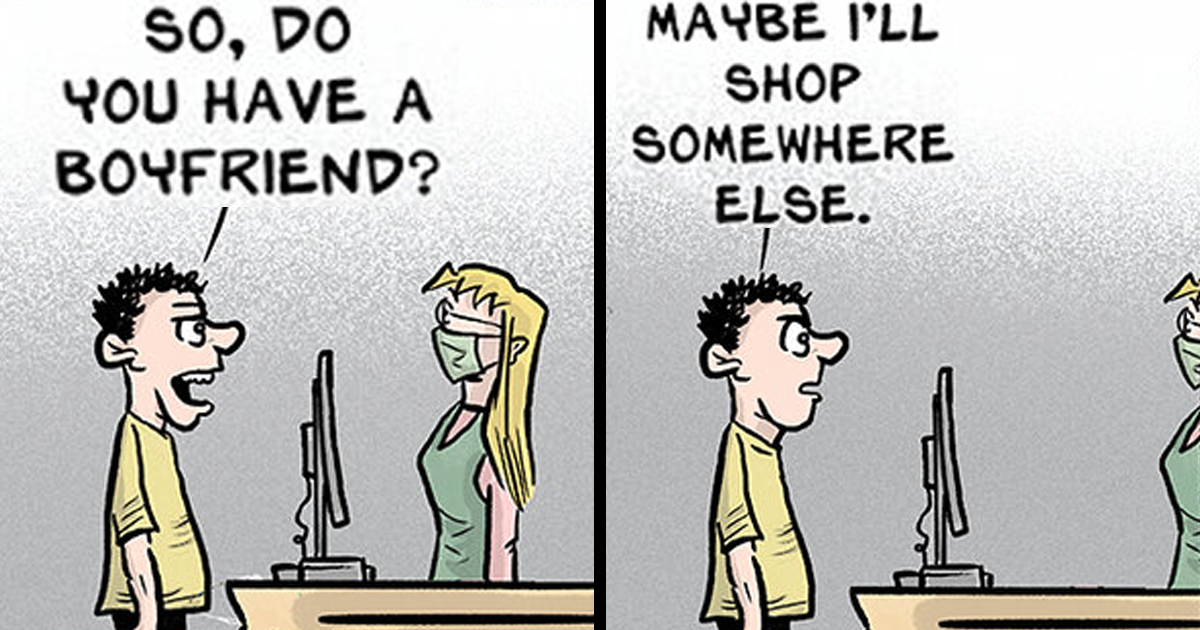Why Your Pet Is More Than Family—A Therapist Reveals the Surprising Emotional Bond You Didn’t Know You Had
The animal behaviorist said that while some may say childless people are replacing children with pets, that’s not really true, at least not according to the numbers. Yet, pets are treated as family because often, they do become actual family members to us.
No matter how close to us, other humans may, in some way, judge us. But our pets love us unconditionally, which is the foundation of every human-animal bond. “They ask nothing from you, quietly observing and waiting for you to truly see them for what they are… your only family members you get to choose for yourself!” said Julie, talking about how many of our daily problems can be made not so heavy by simply spending time with our pets.
When it comes to loss, the expert emphasized that we need to remember that grief over a lost family member is by no means silly or frivolous, and it makes no difference if they are human or not. Taking time to grieve is essential, and this process might differ for everyone.
Julie further added that getting a new pet straight away likely won’t fill the void. “Doing so too quickly does a disservice to that new animal who is trying to form a lasting bond with you,” explained the expert, pointing out that animals grieve too, so the loss of one pet at home will be felt by the others.
The animal behaviorist closes up by saying you shouldn’t shy away from help if needed. There are loss support hotlines like the National Pet Loss Hotline operating during the workdays, which can reached by calling 855-352-LOVE (5683), and for pets, you should always speak to your veterinarian, who will provide the needed resources.
Image credits: Ivan Babydov (not the actual photo)
To better understand how our pets experience grief and how we could better help them through it, VCA gives us some good examples and tips.
While the animals can’t just up and tell us how they feel, the article tells us that there are a few ways in which they might show it. Animals may become more vocal than usual and sleep more than they tend to do. They may also become more clingy or, quite contrary, show less interest in spending time together.
Grieving pets may also change their grooming and bathroom habits. They might also exhibit seeking behavior, often looking for their lost companion.
Fortunately, there are some things we can do to help them. Letting them investigate the deceased may provide some closure, and keeping up with the usual routines can bring a sense of security.
It’s also good to mindfully try something new or simply spend time together. Still, the hardest part is not to appear down in front of your pet as it may distress them, even if being comforted by them is so nice in any other situation. And in anything, as Julie Bond said, it’s always wise to seek out professional help.
In the end, it’s evident that with the many differences that humans and animals have, there are also many things, like grief, which we experience all the same. And the most important thing to remember is that all of it is equally real.
What did you think about this? Do you have any related stories about your pets you’d like to share? Let’s have a talk down in the comments!
Commenters were very moved and inspired to share stories about their own beloved furry and feathery family members
Image credits: casualheretic
Image credits: ZdenkaWaldner
Image credits: RavenPresser
Image credits: Emily_Mckenzie
Image credits: Ash1rose
Image credits: madmariiiiii
Image credits: terrified_kitty
Image credits: TaraSimonelli
Image credits: GMarshRN
